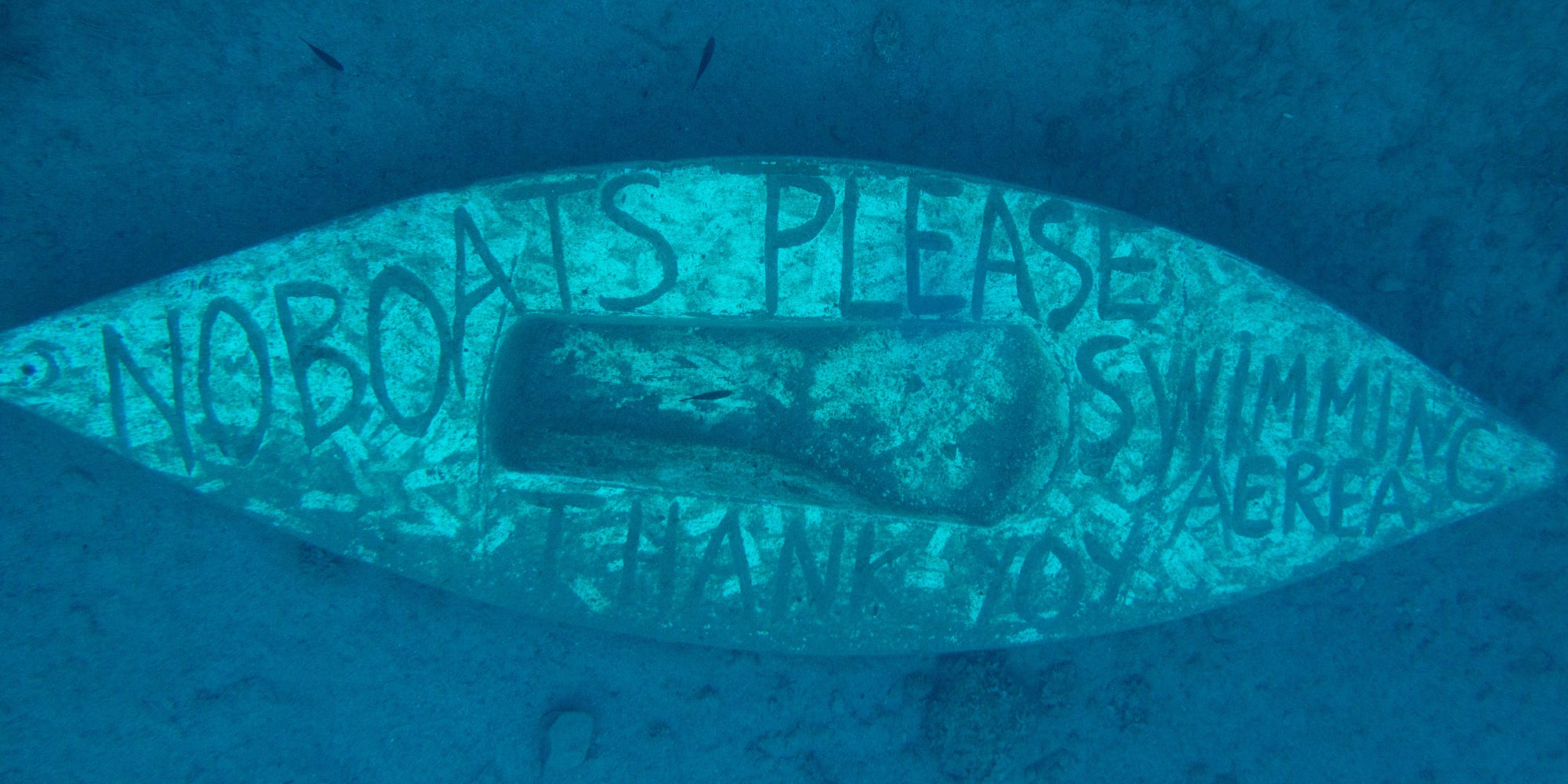✍️ Surviving the Shallows of Your Writer’s Mind
or, Why We Stop Before We Find Cohen’s Truer, Realer Sentence
It’s no secret, I don’t think, that I like literary pilgrimages.
Hemingway’s seat at Les Deux Magots, the gate leading to Gertrude Stein’s Paris salon, F. Scott Fitzgerald’s homes in St. Paul, Minn. I even spent a day hitting the Generation X (the novel) highlights in and around Palm Springs, Calif.
I think pilgrimage is exactly the right word. I walk in their footsteps. I touch the relics. I pay homage.
Even real places where fictional events occurred are fun to visit. The corner of Cottonwood and Sapphire in Whitewater near Palm Springs is where the three main characters in Generation X have a picnic and tell stories. Back when Coupland wrote the novel, it was one of those housing sub-divisions where the money – and the residents – ran out. Not much has changed. As of two years ago, there’s still the empty lot and crumbling Yellow Brick Road that symbolize broken dreams. I got a better sense of the moment and a deeper appreciation of the novel’s desperation by visiting there.

One literary journey still on my bucket list is Hydra, Greece. That’s the island where Leonard Cohen spent time in the early 1960s, and where A Theatre for Dreamers takes place. It was similar to Paris in the ‘20s – cheap to live, so writers and artists flocked there. I’m a sucker for that bohemian lifestyle, for the idea of running away to make art among others who are doing the same.
In a documentary I watched recently about Cohen, he said something that really hit me – in large part, I’m sure, because I was in the middle of writing my last post and Hemingway’s “one true sentence” idea. He said:
Before you can go down to something deeper, you have to stay at the surface for a while and you have to write those things down that seem obvious and platitudinal and easy, and you start waiting for something that is a little truer, a little realer. That’s why it… takes so long.
-Leonard Cohen
There’s something important here that I want to explore.
So Long, Marianne
We’ve all experienced it: you write something, and it’s shit.
What we may not consciously realize in that moment is that most of the time, the first thing we write is shit. And not just us: Hemingway, King, Fitzgerald – you name it. That’s the way it goes.
But many times, it’s also the way it stops. Because we go back and we think it’s shit and we read it’s shit and then we think we’re shit and before we do the rewriting – the real writing – decide we don’t want to feel like shit anymore and, in short, we give up.
We give up.
There are some writers, including some writers who read this Substack, who do not believe that we should say things like, “All first drafts are shit”. I’m mostly agnostic on this point when it’s used flippantly and metaphorically. But I do understand – and agree with – their sentiment behind it. “Shit” is the wrong word to use. “First draft” is more accurate. You can’t mix the ingredients for a cake, then eat it from the bowl. It won’t taste good. You need to follow with the other steps including baking it in an oven to finish it.
Likewise, the first draft is not a baked cake. No surprise, because you’re not finished yet.
Bringing it back to Cohen, it’s what he said about skimming across the water before you can do the deep dive. That surface swimming is like mixing cake ingredients. It’s the time and steps you need to take writing before the Big Idea seeps through. To mix mixed mixing metaphors another way, it’s following that thread of thought that, yes, is obvious and platitudinal on the surface, but will lead you down to deeper places if you keep at it. Note that there isn’t any specific length of time or word count that will guarantee you get there. Sometimes, the first draft is closer to the last draft than other times.
The point is, the last draft is out there, and if you keep at it, you’ll reach the end.
The point is, keep writing.
How to Follow the Thread around the Surface that Leads You to the Depths
Clear as mud cake?
At the heart of it, what we’re talking here about is not losing faith in your writing. Writers are delicate creatures a lot of the time, and we tend to take any criticism of our work personally. Even our own criticism. (Maybe especially our own criticism.)
I have many different suggestions for how to avoid being too harsh on yourself, especially in the early drafts. We’ve talked about most of these before, but it’s good to talk about them again in this specific context.
Give up comparing your first draft of this project to your last draft of a previous project. Self-evaluation of your work is of course a key part writing. It’s the editing and rewriting part. This takes time, as we all know consciously, but somehow forget emotionally and mentally. So, give yourself a break in the phase. What you wrote isn’t shit. It’s Step 1 of a multi-step process to get to the Final Draft.
Ditto, comparing your work to some famous author’s. That’s even worse, as we discussed in “In GOAT Wars, Every Writer Loses”. ‘Nuf said.
Give yourself self-love. Another idea with a whole post already dedicated to it: “Love, Love, Love”. We are too hard on ourselves. For sure, we have to be our own editors. But we also have to be our own cheerleaders. How do you reconcile that? Accept that the first draft is not the last draft, and then find what’s wrong and fix it.
Write with wild abandon. This is the core philosophy of this Substack. Just like Ethan Hawke in Dead Poets Society, you need to keep writing without thinking in order to let the sweaty-tooth madman out. It’s amazing how many insights and interesting twists of phrases you get when you don’t think; just write. Be the million monkeys.
Write a draft before a first draft. If “getting it right the first time” is tripping you up, you can always write a Zero Draft. I outlined this concept in what has become one of my most popular posts. It’s a no-pressure way to word dump while you meditate on your subject, but without expectations. It won’t be good writing, and it’s not supposed to be good writing. But it frees you to tap into your ragged creativity. You can sift through the rubble afterwards to find the good bits you can work into your official First Draft.
Writing is not easy. There are many things that make it difficult, and those challenges often conspire with each other, making it exponentially harder. One of the most freeing things we can do is literally put those fears and doubts and streaks of perfectionism to the side. Just for a moment. Write and write and write until you get through all the surface-y stuff that Cohen talked about, until you are inexorably pulled downwards into the deeper trenches of your thoughts. This is where the real ideas live. I usually find that once I find those real ideas, writing gets a hell of a lot easier.
Key Takeaways: Before you get into the deep, deep ideas, you need to blow through the surface-y ideas. While you’re on that journey though, feelings of self-doubt, perfectionism, and other negative emotions can stop you. Realizing that there will be platitudinal clap-trap before you find the good stuff will help you put those emotions aside for a moment and help you keep on track.
Over to You: How Do You Find Your Truer, Realer Sentence?
Do you get stuck because you think what you’re writing is too obvious or trite or banal or some other unreal, untrue sentences? Have you tried to push through to the good stuff? If so, how did it go? If not, is it something you’re open to trying? Let us know in the comments below!
I’ll leave you with the trailer to So Long, Marianne, a bio-pic series that I found to be really well done (on Crave for those of you in Canada… not sure where in other countries). Scroll down below to view the trailer!
Until next time... keep writing with wild abandon!
~Graham
email me if you get lost.







Great stuff, Graham. You put a fresh spin on this that really made it hit home. One of the reasons I prefer to write in longhand is that it's easier to think of it as 'draft zero' - you can scribble on the page, doodle, annotate in the margins, prove to yourself that none of this has to stick. This is your playing at the surface, and so long as I keep at it I naturally sink into something more worthwhile. And I really like the sound of your literary pilgrimages - perhaps you should organise one for others to join!
I know all this, but I really needed to hear it again today. Thanks!